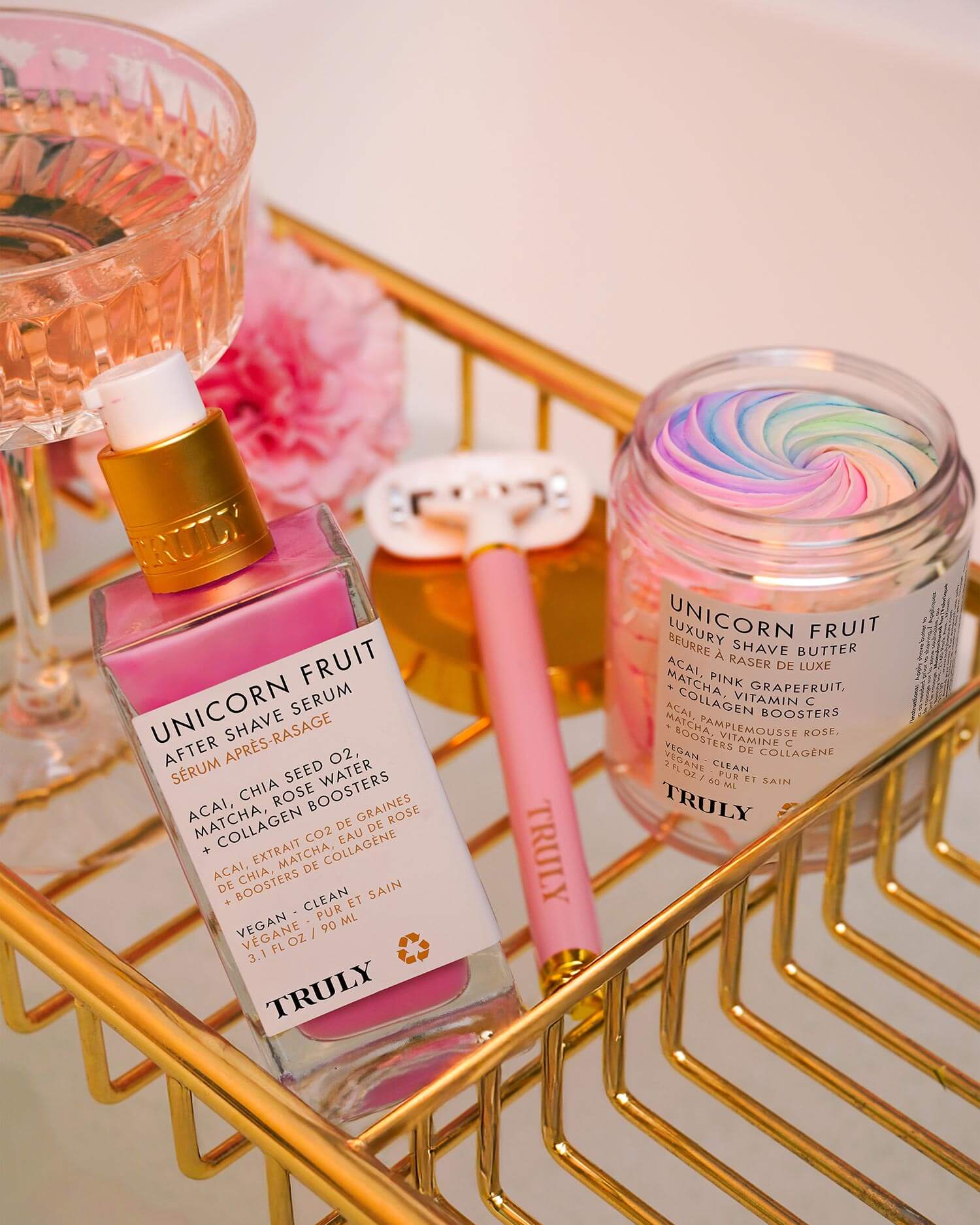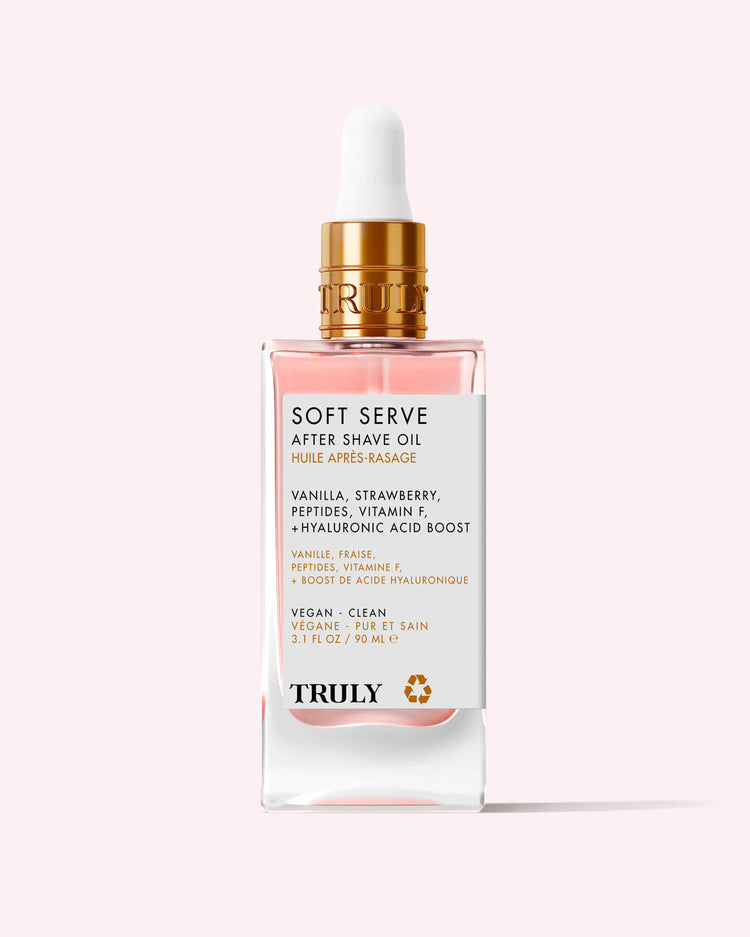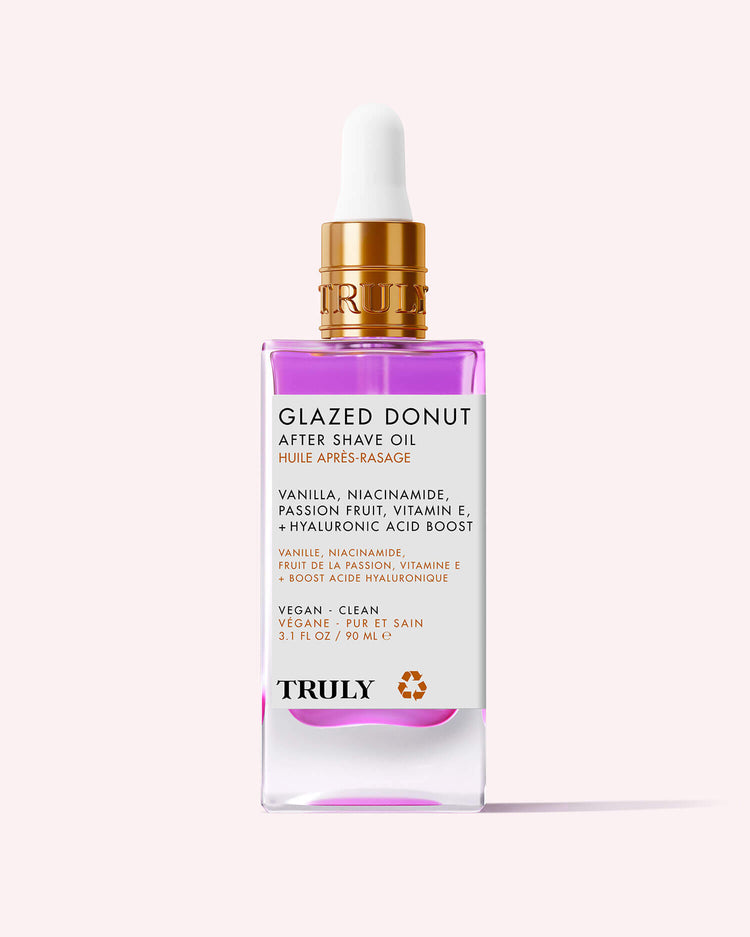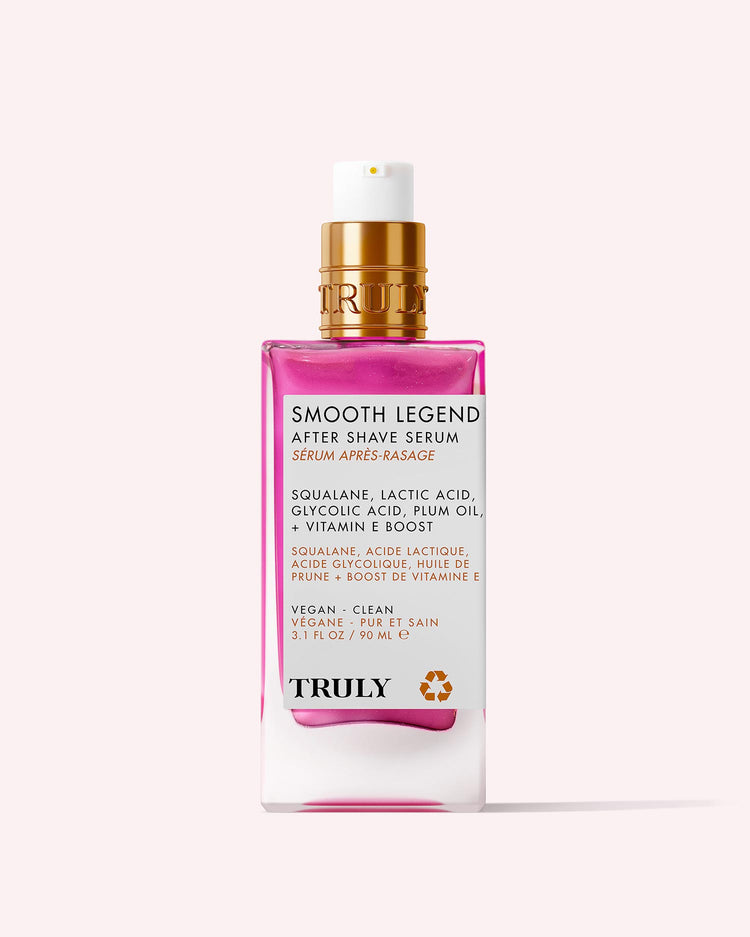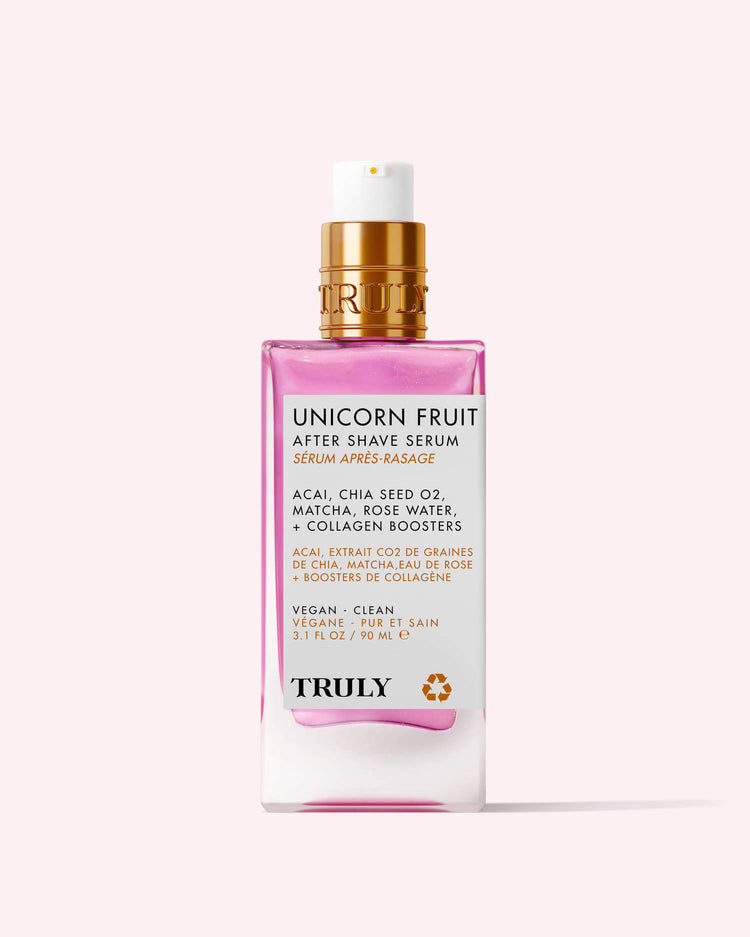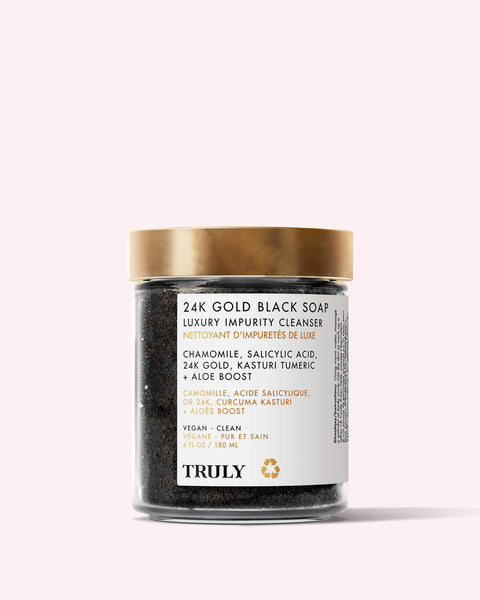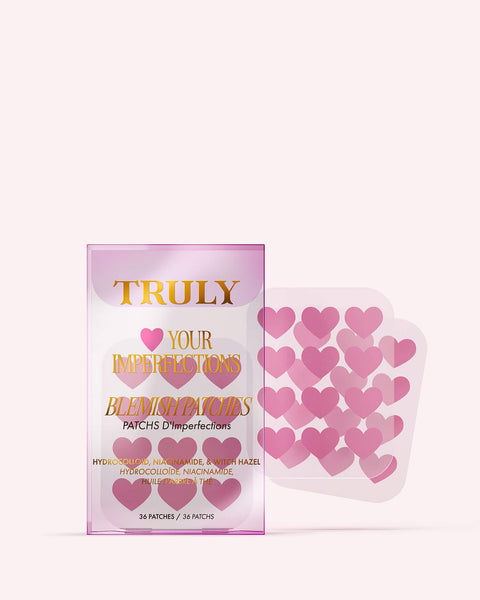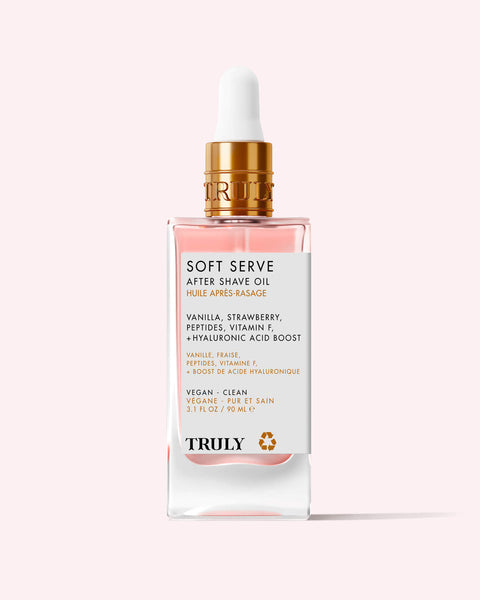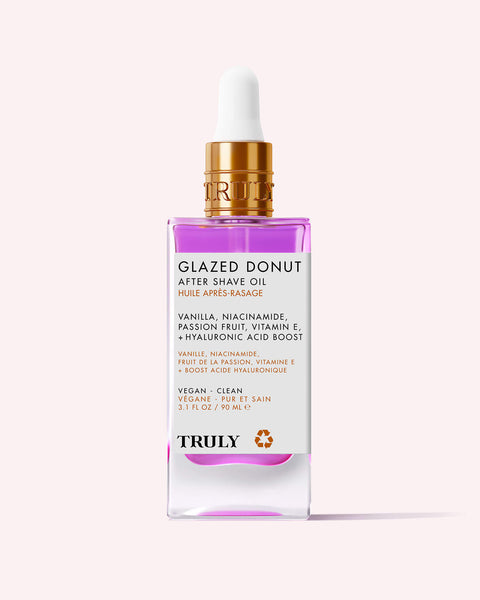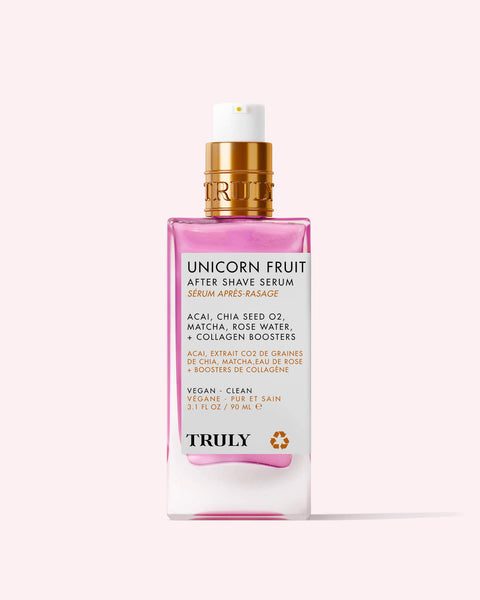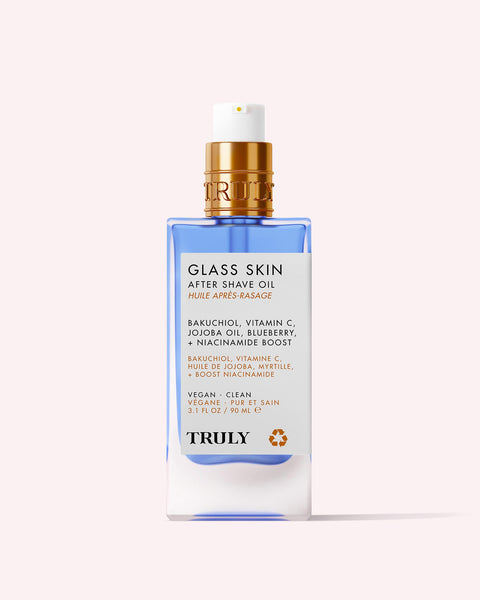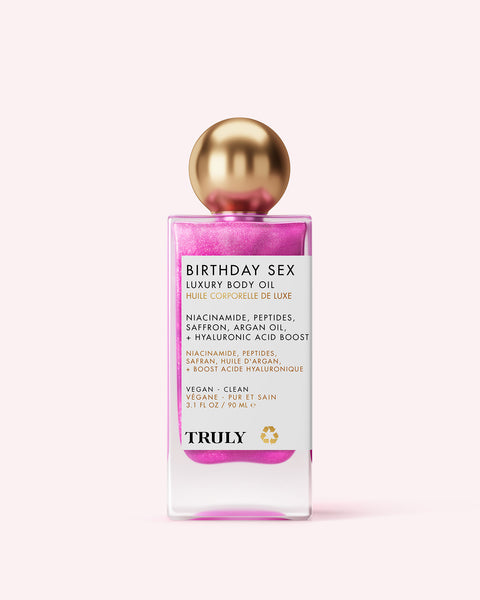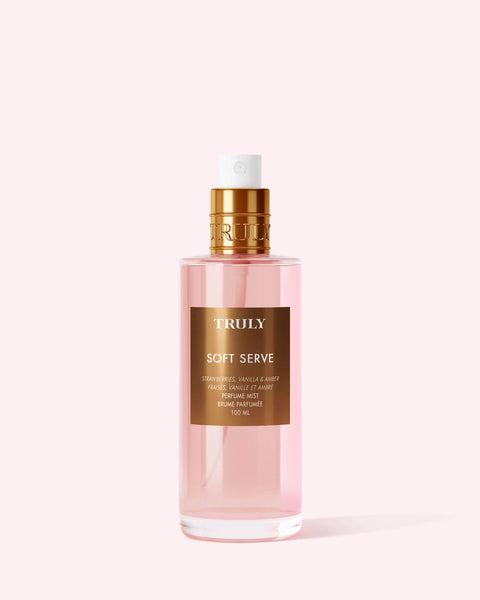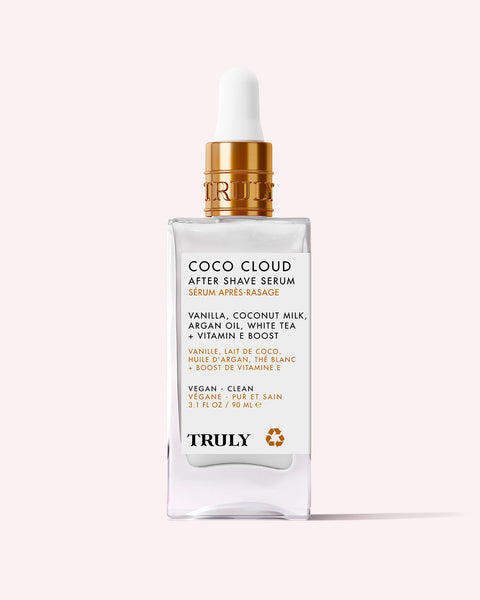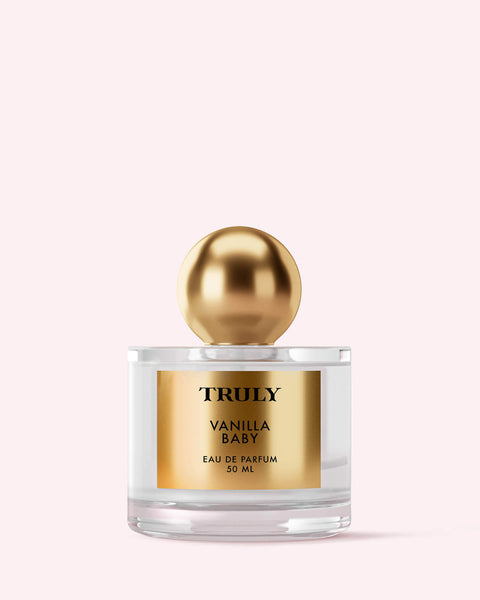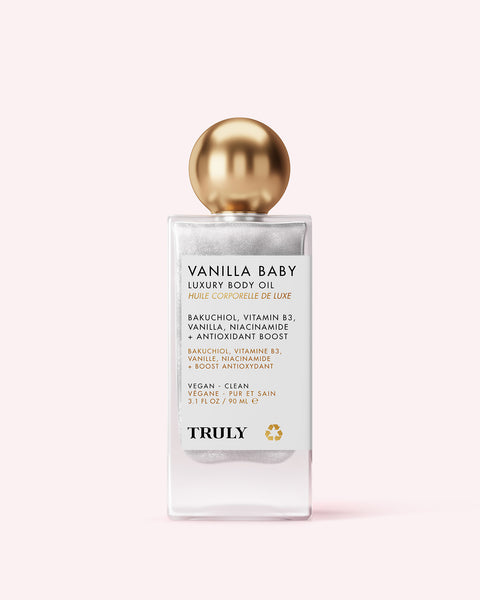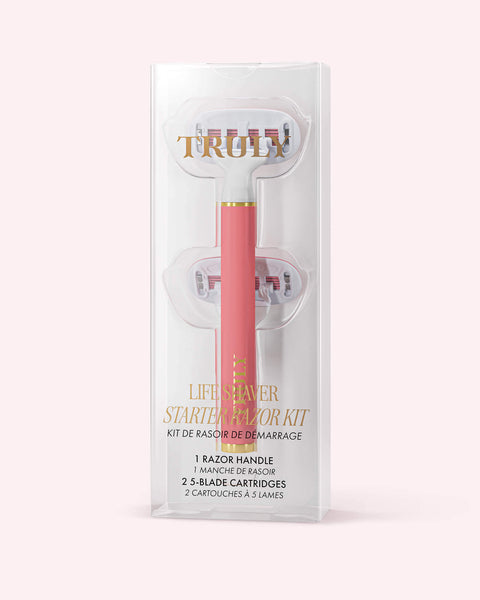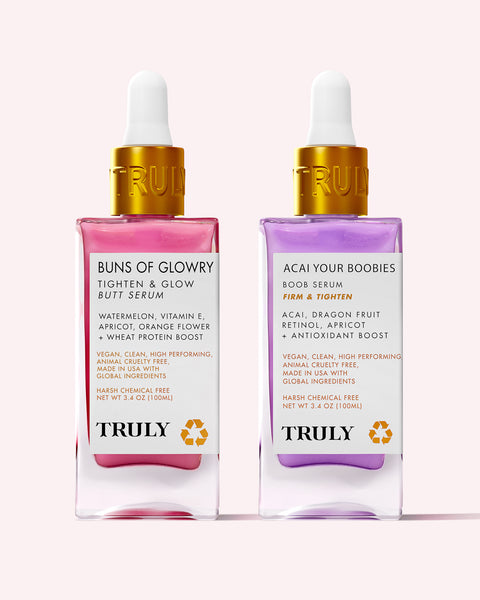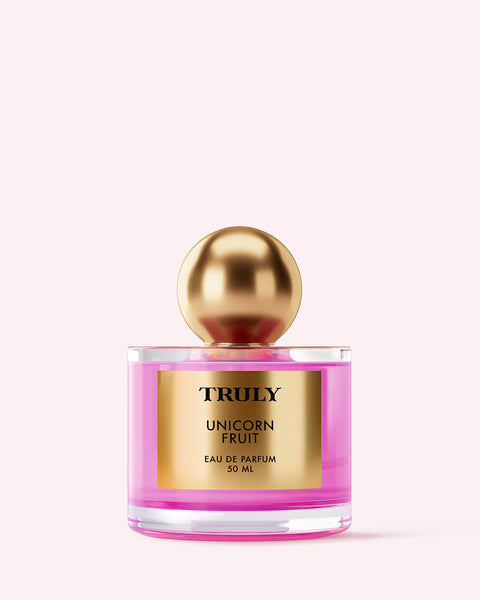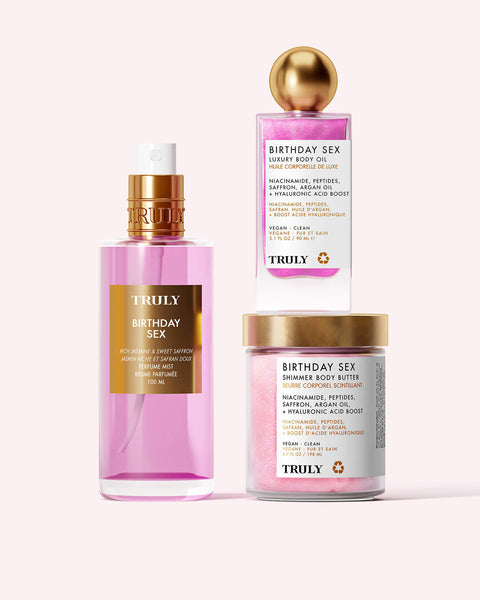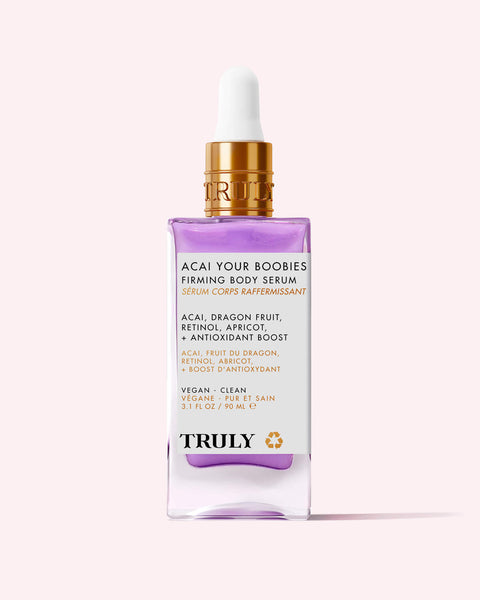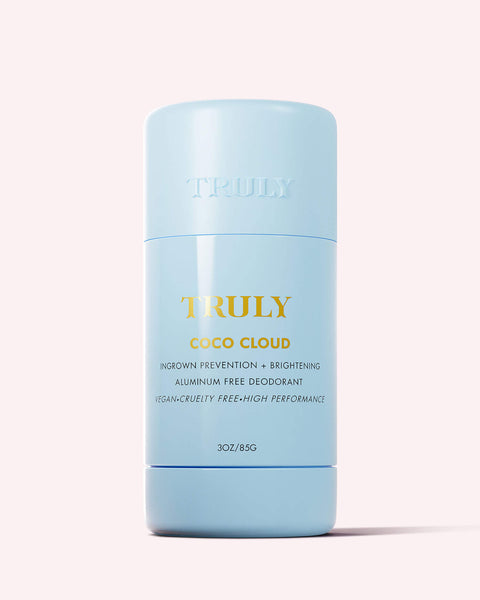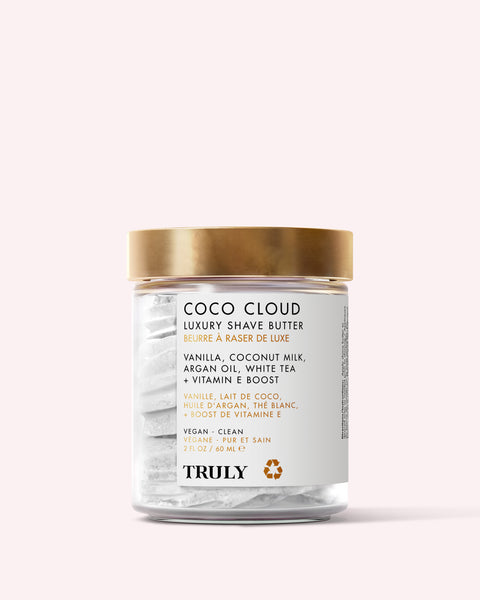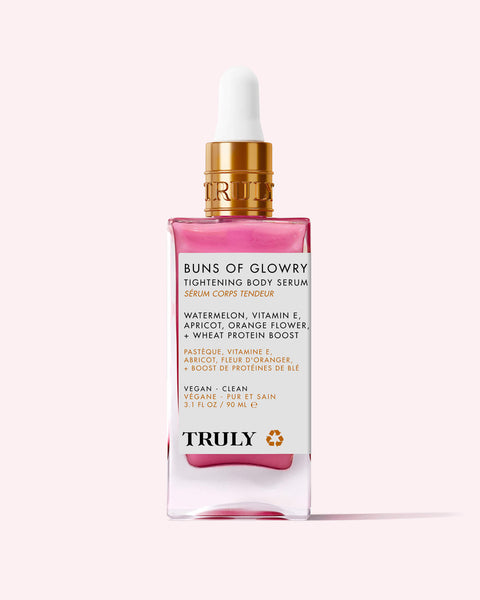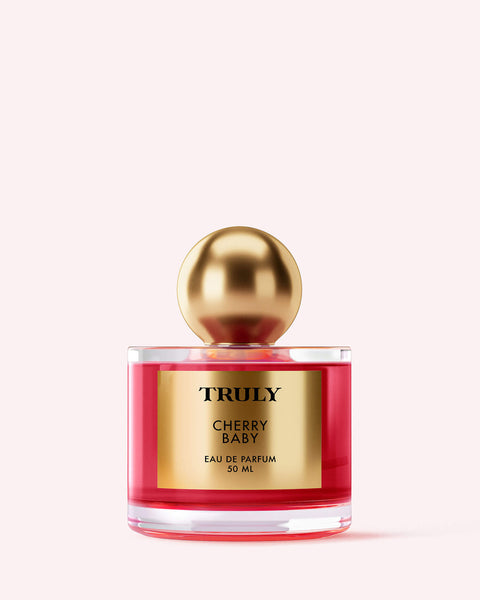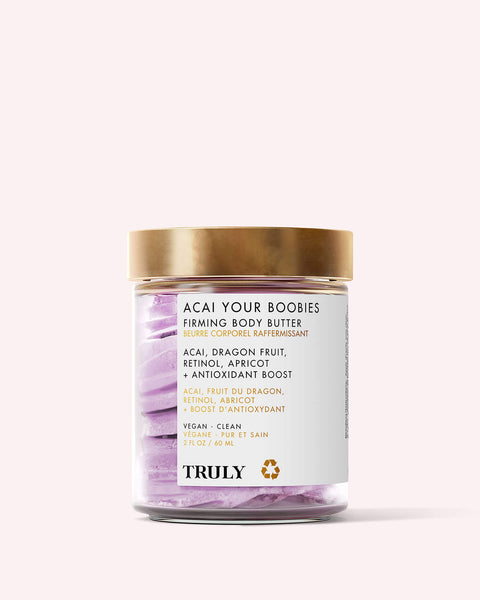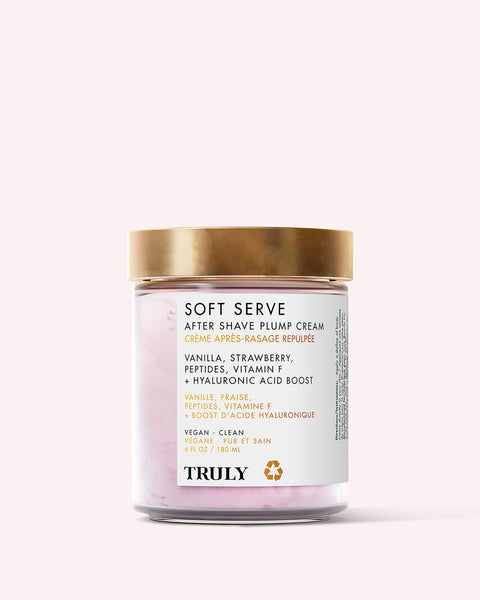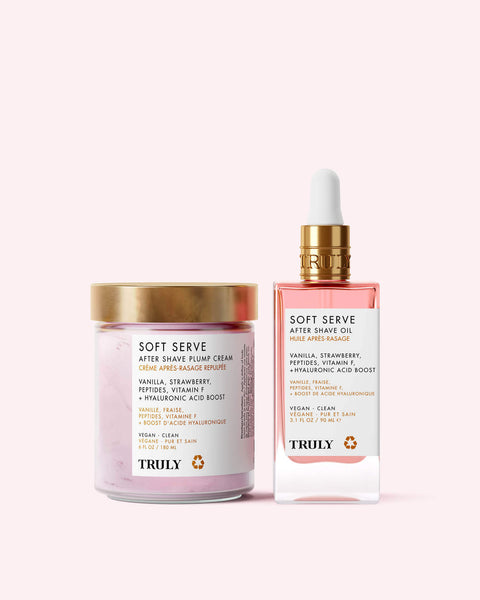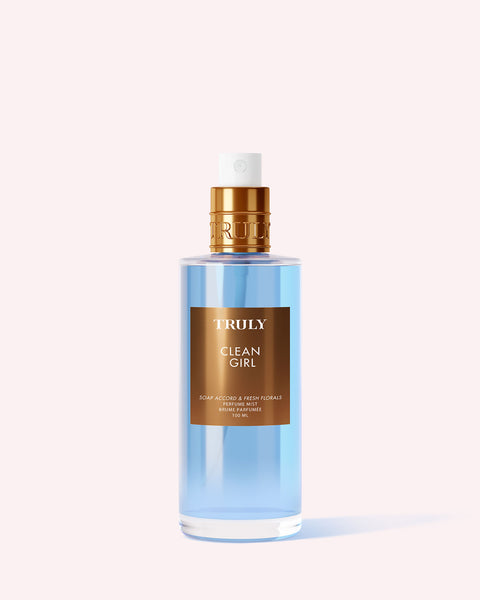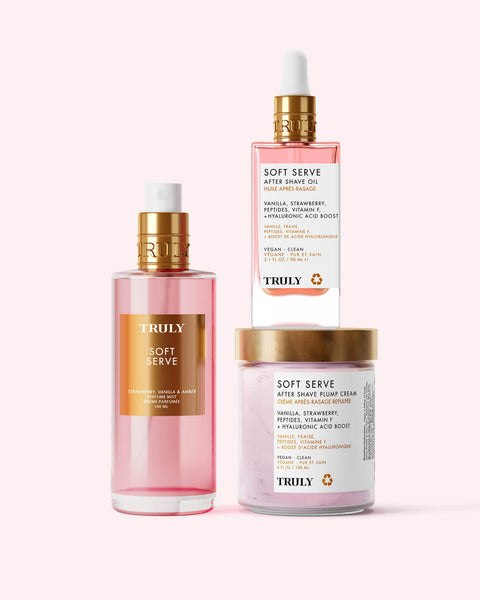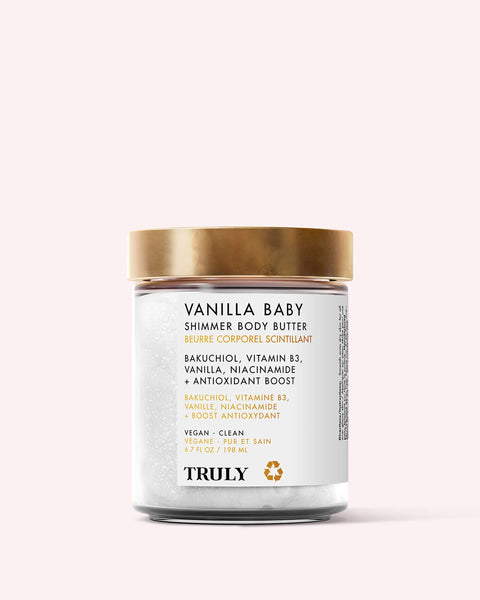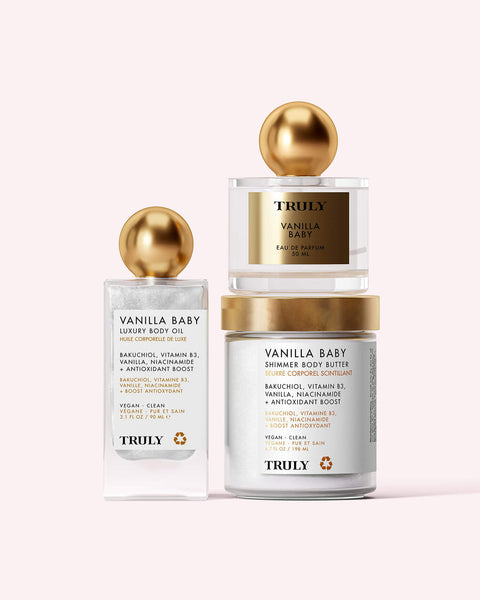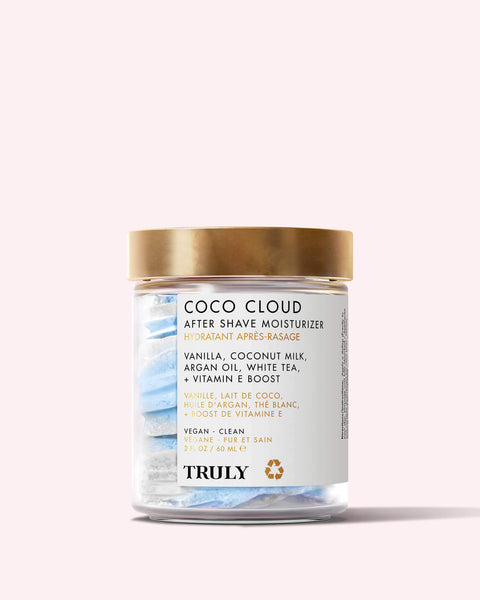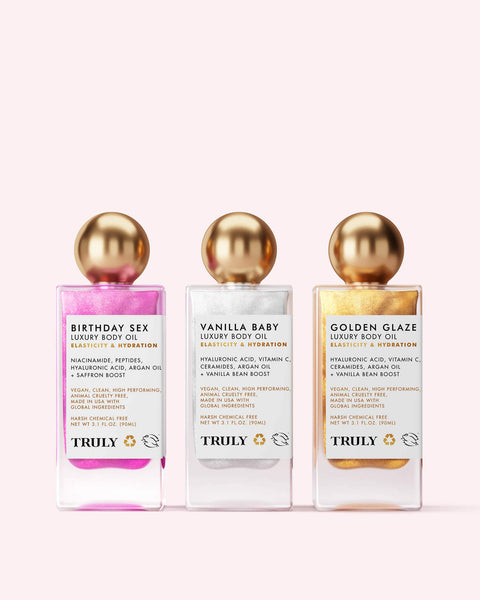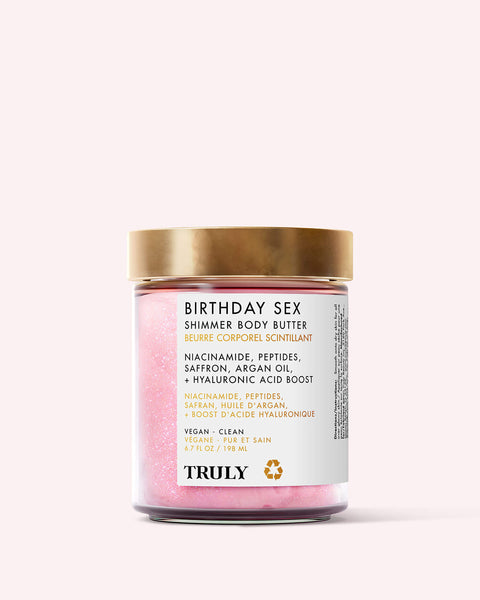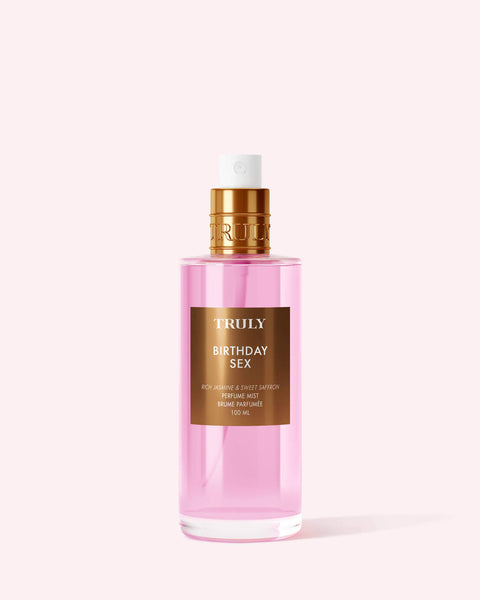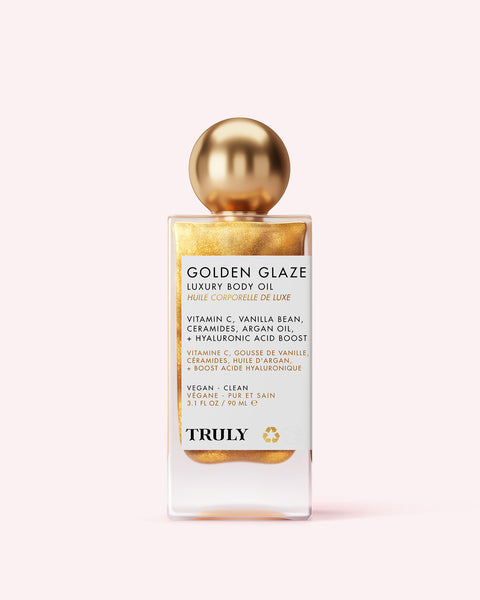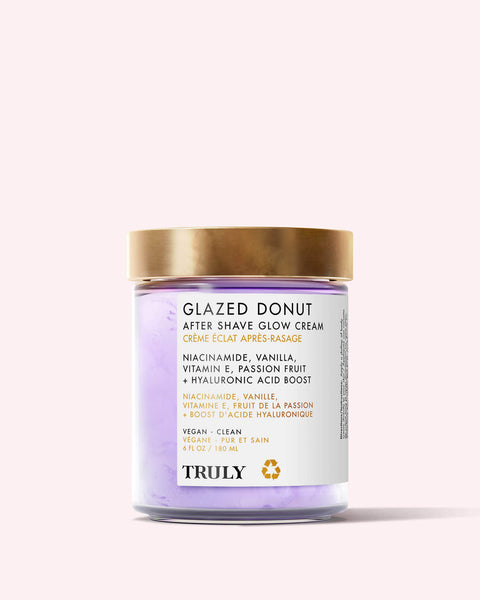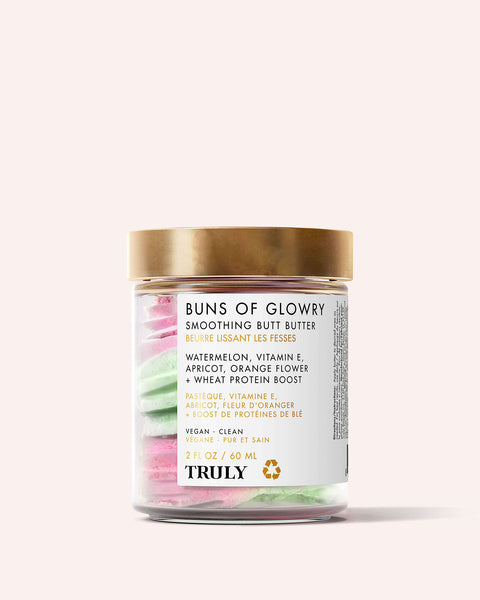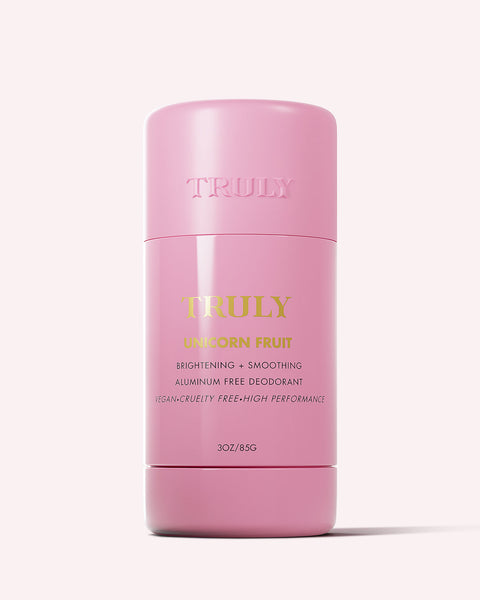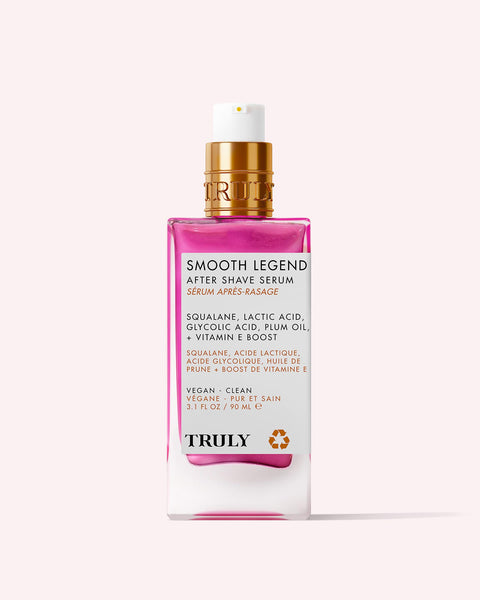Can Sunscreen Cause Acne?
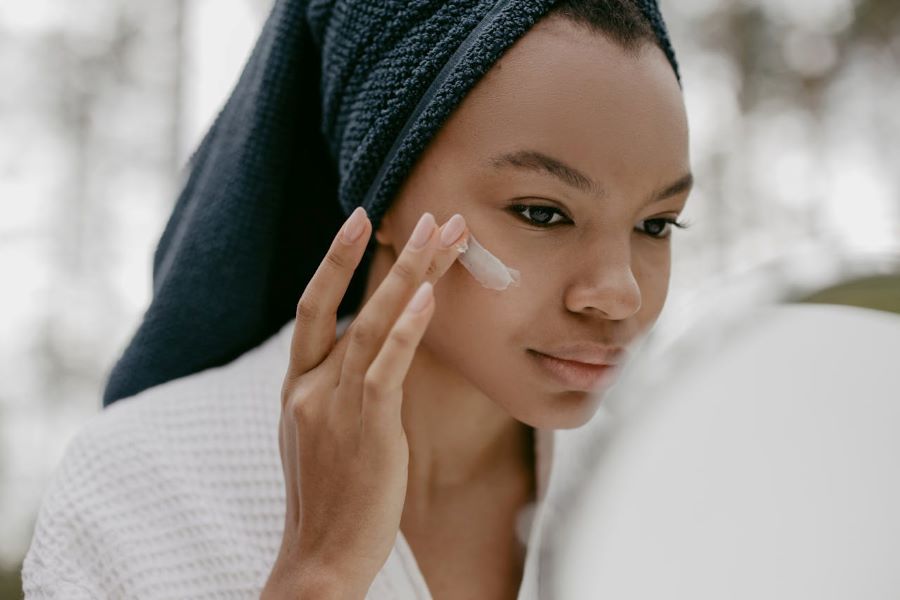
It’s summer and you have acne-prone skin...naturally, you’re wondering can sunscreen cause acne? You know you need to protect your skin, but you’re worried it might clog your pores and cause a flareup of zits this season. First of all: chill, babe. Because we’ve got all the answers and solutions you’re searching for.
Does sunscreen cause acne? There’s always a possibility a product can cause acne breakouts. It’s all about using the right sunscreen and using it properly. Read on to learn about the link between sunscreen and acne plus the best sunscreen for acne-prone skin.
Can Sunscreen Cause Acne?
Daily SPF is an imperative step in any skincare routine. It protects your skin against harmful UV rays, lowers your risk of skin cancer and sun damage, and prevents sunburns, skin irritation, and premature aging. But does sunscreen cause breakouts?
According to dermatologists, some types of sunscreen can cause acne. Particularly the generic sunscreens designed for the body are more likely to clog pores and trigger blemishes. That’s because formulations intended for the body tend to be thicker, heavier, and a lot more clogging. Many of them contain pore-clogging ingredients like mineral oil and silicones that can congest the pores and potentially cause pimples.
Fortunately, many brands now formulate sunscreens especially for the face. Some sunscreens even contain acne-fighting ingredients that can help you combat breakouts while simultaneously offering sun protection.
Using the right sunscreen doesn’t just protect your skin from the sun’s rays, it can also prevent further breakouts, since new research has shown that the sun can actually trigger breakouts and worsen acne scarring. So whatever your skin type—don’t skip SPF!
Does Sunscreen Make Acne Worse?
If you’re using a comedogenic sunscreen or a sunscreen with irritating ingredients, it could make acne worse. Especially in the summertime, when there’s an increase in sweat and sebum on the skin, oily skin and acne-prone skin types can experience an acne flareup when using a heavy, comedogenic sunscreen.
For that reason, it’s important to choose a non-comedogenic sunscreen that’s fragrance-free and oil-free so it won’t clog your pores, irritate your skin, and possibly exacerbate acne.
Generally speaking, most of the active ingredients found in sunscreens are unlikely to directly trigger breakouts. However, when excess oil and dead skin cells become trapped in the pores, it provides the perfect environment for C. acnes bacteria to thrive. And that’s when breakouts and blackheads appear.
Why Do I Get Acne After Using Sunscreen?
If your current sunscreen is making you break out, it could be because the formula is too heavy for the skin and comedogenic (meaning it clogs pores). Alternatively, some of the ingredients in your sunscreen might be irritating your skin and ultimately triggering breakouts.
There are two main types of sunscreen formulations: chemical sunscreens and mineral sunscreens. Chemical sunscreens contain ingredients such as oxybenzone and avobenzone which absorb UV rays. While they are not directly linked to acne, some people may experience irritation and possibly blemishes from these ingredients.
Mineral sunscreens, on the other hand, contain zinc oxide and titanium dioxide, which physically block UV rays. Acne-prone skin usually tolerates these skincare ingredients, but certain formulations may contain pore-clogging substances.
What Type of Sunscreen is Best for Acne?
Everybody needs to be wearing broad-spectrum sunscreen—every day. Can sunscreen cause acne? It doesn’t directly cause acne but it can trigger blemishes by clogging pores and irritating the skin if you’re not using the right formula for your skin. So, what’s the best sunscreen for acne-prone skin?
First, always choose a “face sunscreen.” In other words, a sunscreen specifically designed for your face, not just a general all-over sunscreen. Facial sunscreens tend to be lighter on the skin and can include other ingredients that benefit the skin, including vitamin C, vitamin E, and niacinamide.
On that note, it’s also worth looking for a sunscreen that’s free of acne-causing ingredients. Instead, look for a sunscreen that’s infused with niacinamide, which helps reduce oil production to prevent your pores from getting clogged. Dermatologists also recommend zinc oxide, which is commonly found in mineral sunscreens. Like niacinamide, it helps regulate sebum production and acts as an anti-inflammatory to calm red, irritated skin.
Other ingredients to look out for in a sunscreen include antioxidants (think vitamin C and E), squalane, and ceramides. The antioxidants provide extra protection against sun exposure while addressing dark spots and acne scars. Meanwhile, squalane and ceramides promote a healthy skin moisture barrier, preventing acne, dryness, and irritation.
To get maximum protection from UVB rays, make sure you’re using SPF 30 or even better—SPF 50 (especially if you’re fair skinned).
How to Get Rid of Acne From Sunscreen
If your sunscreen is making you break out, first and foremost: switch to a lighter, oil-free, and non-comedogenic sunscreen. Here are some steps to treat existing breakouts.
Step 1: Exfoliate
To keep your pores clean and excess sebum at bay, use an exfoliating cleanser every day. If you have sensitive skin, cleanse daily but use an exfoliator just 2-3 times per week. We recommend using Truly’s 24K Gold Black Soap Luxury Butter Impurity Cleanser. It’s infused with salicylic acid and charcoal to absorb excess oil, shed dead cells and deep clean pores to combat breakouts and help you maintain clear skin. Plus, it can treat post-inflammatory hyperpigmentation (aka, those stubborn acne marks).
Step 2: Apply Niacinamide Serum
Next up: hydrate with a lightweight, fragrance-free serum formulated with niacinamide. Niacinamide is a hydrator and anti-inflammatory that reduces excess oil, making it a superstar for blemish-prone skin. Try Truly’s Glass Skin Facial Serum to minimize pores, prevent breakouts, and give your skin a radiant glow. It’s full of niacinamide, jojoba oil, and probiotics to soothe, balance, and clarify the skin.
Step 3: Spot Treat With Pimple Patches
Finally, now that your skin is clean and hydrated, patch up those zits with pimple patches. Pimple patches are essentially hydrocolloid stickers that absorb gunk and oil while speeding up skin’s healing process. You’ll love Truly’s #Heart Your Imperfections Blemish Patches. They cleanse from deep within to clear up blemishes overnight—or just a couple of days.
Is Sunscreen Bad for Acne?
For those with acne-prone skin, choosing the right sunscreen is essential for preventing future blemishes. While sunscreen might not directly cause acne, certain formulations can simply be too thick, occlusive, and clogging for oily and blemish-prone skin. For that reason, dermatologists suggest using formulas designed specifically for the face with ingredients like niacinamide and zinc oxide that can both prevent and treat acne.
You should NEVER skip sunscreen—even if you’ve got acne-prone skin. UV damage heightens your risk of skin cancer, and it can also make your pimples worse. Choose a sunscreen labeled non-comedogenic that’s designed for your face, and always wash it off thoroughly before going to bed.
Feature photo by cottonbro studio, Pexels
